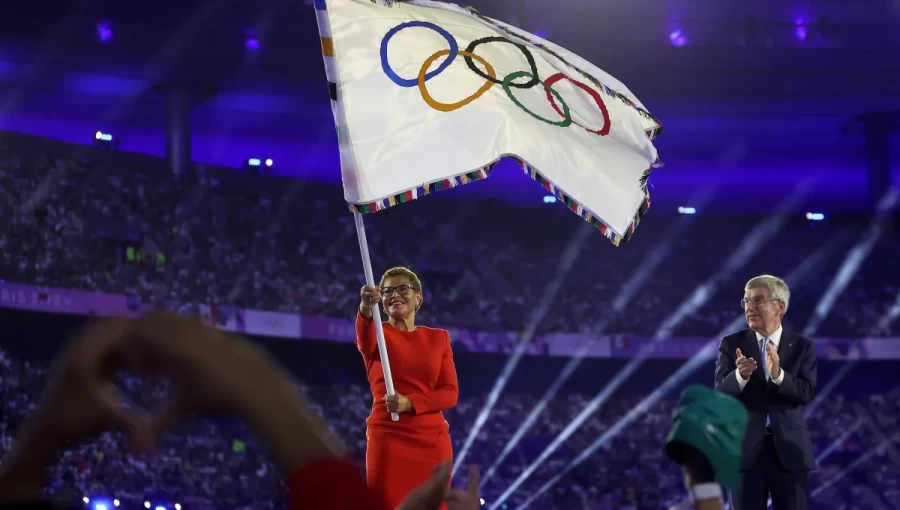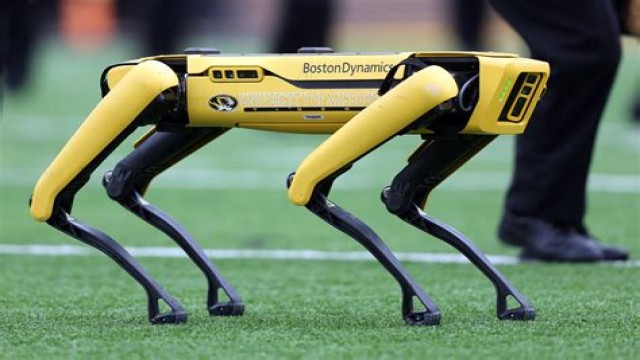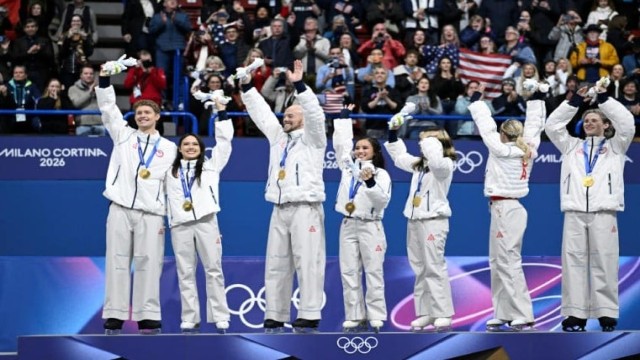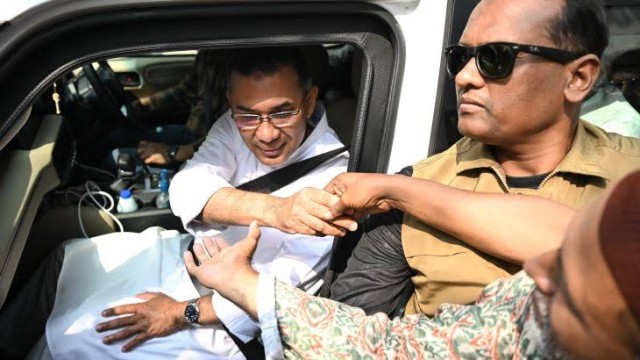The Olympic flag has arrived in Los Angeles, marking the official start of preparations for the 2028 Summer Games. Under sunny skies, Los Angeles Mayor Karen Bass, along with several U.S. athletes, brought the flag to the city, symbolizing the transition of responsibility from Paris, which hosted the 2024 Olympics.
Mayor Bass acknowledged the challenges ahead, emphasizing the need for extensive preparations, especially in light of Los Angeles' notorious traffic congestion. In a bid to manage the city's traffic issues, the mayor reiterated plans for a "no-car Games," an ambitious goal in a city where private vehicles dominate daily commutes. The city plans to deploy 3,000 buses and prioritize public transport over private cars, although experts remain skeptical about fully achieving a car-free event.
Additionally, Los Angeles faces unique challenges such as earthquakes and climate events, which will require careful planning to ensure the safety and success of the Games. A 4.6-magnitude earthquake hit Los Angeles shortly before the flag's arrival, underscoring the importance of these preparations.
Los Angeles is leveraging its strengths as a global entertainment hub, with plans to integrate Hollywood's creative flair into the Games. The city is also a major sports center, boasting state-of-the-art stadiums and a strong sports culture, which organizers hope will contribute to the event's success.
However, beneath the city's glamour lies a significant homelessness crisis, with around 75,000 people lacking housing. Mayor Bass has prioritized addressing this issue, and recent initiatives have shown progress, with the number of homeless individuals slightly decreasing in 2024 for the first time in six years. As the city gears up for the Olympics, balancing these challenges will be crucial in delivering a successful and memorable Games.































Comment: